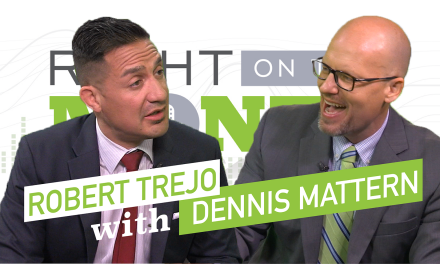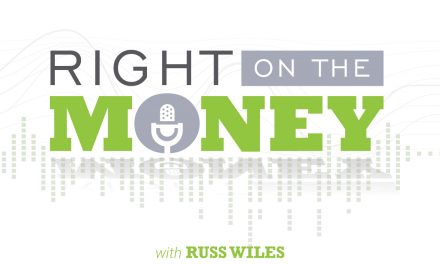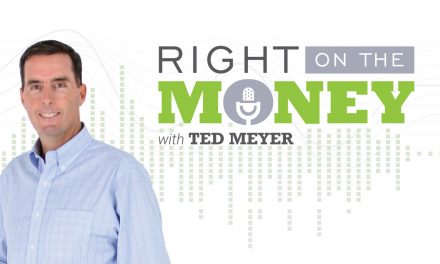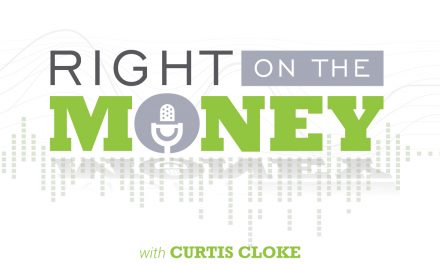Rating the Risk Against the Yield Reward
When a corporation wants to raise money, it can do so by offering an equity position in the company through stocks or create a form of debt called a bond. Stocks generally receive more press from the mainstream financial media, and corporate bonds seem to receive little attention. There are a plethora of bond mutual funds and ETFs on the market. The average investor generally buys bond funds for their portfolio rather than individual corporate-issued bonds.
Content: Sometimes bond mutual funds and ETF holdings can give you a sense of what professional money mangers are buying and the individual bond performance in side the fund. Over the last five years, high-risk corporate bond funds have returned 6.5 to 8.33 percent,1 but the risk is not for the faint of heart.
Low to below-average risk corporate bond funds have retuned 1.76 to 3.13 percent1 over the same period. There will always be outliers in reviews like this, but this gives you a little insight to the corporate bond fund market. These returns are not net of fees, so you need to investigate fund costs before moving forward. The average 5-year bank certificate of the deposit is paying around 2.25 percent and FDIC insured (depending upon the amount and how the account is titled.)
Five-year fixed annuity rates are averaging 3 percent. The annuity contracts are only as good as the insurance company issuing the policy. There are several rating services available to review the financial strength of the insurance company issuing the contract you’re considering. Keep in mind bank and annuity rates are generally net of fees. But, if you have risk tolerance for the market exposure to capture potential higher returns, then corporate bond funds and ETFs could be a strategy for income. Watch the interview with investment advisor representative Dan Stockemer addressing corporate bonds.
Some investors appreciate owning stocks, or in this case bonds, direct from the corporation and love the feel of certificate in their hands. There are basically three types of corporate bonds: mortgage bonds, debentures, convertible bonds and commercial paper.
Physical assets like real estate and equipment generally secure mortgage bonds.
Debentures are secured only be the good faith and credit of the corporate issuer.
Convertible bonds can generally be exchanged into a specific number of shares in common stock. The play here is the convertible bondholder has an expectation the underlying common stock will appreciate over time. Commercial paper is essentially unsecured short-term “loans” (30-90 days) to finance a company’s immediate needs. Rating services monitor the financial strength of a corporate and their ability to pay back their bonds. It’s in your interest to engage an experienced financial planner familiar with the bond market who can offer suitable recommendations based on your goals and risk tolerance.
1 Morningstar Corporate Bond Funds 5-Year Return, 02/21/16
Syndicated financial columnist Steve Savant interviews investment advisor representative Dan Stockemer on money topics that need addressing.





